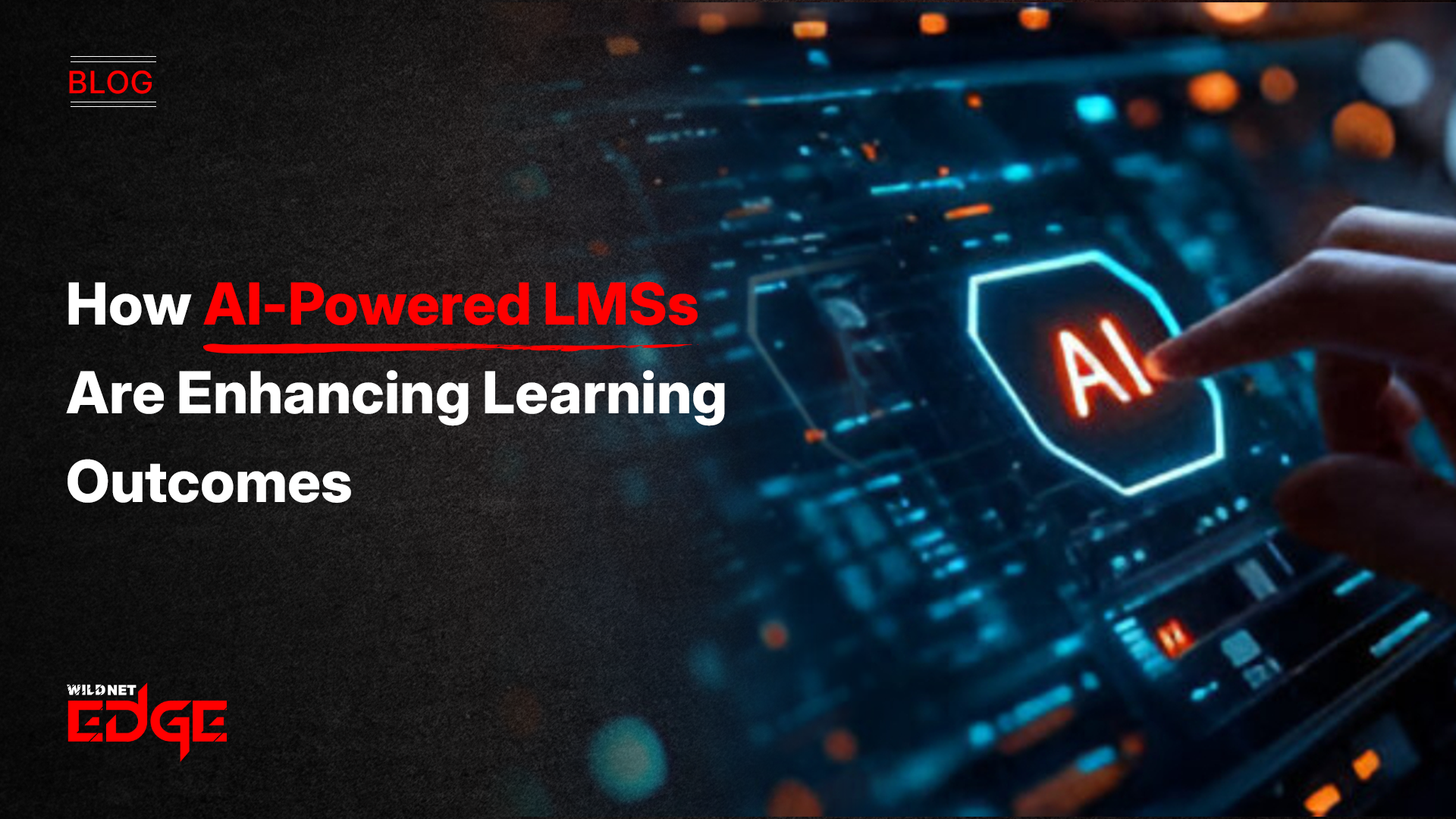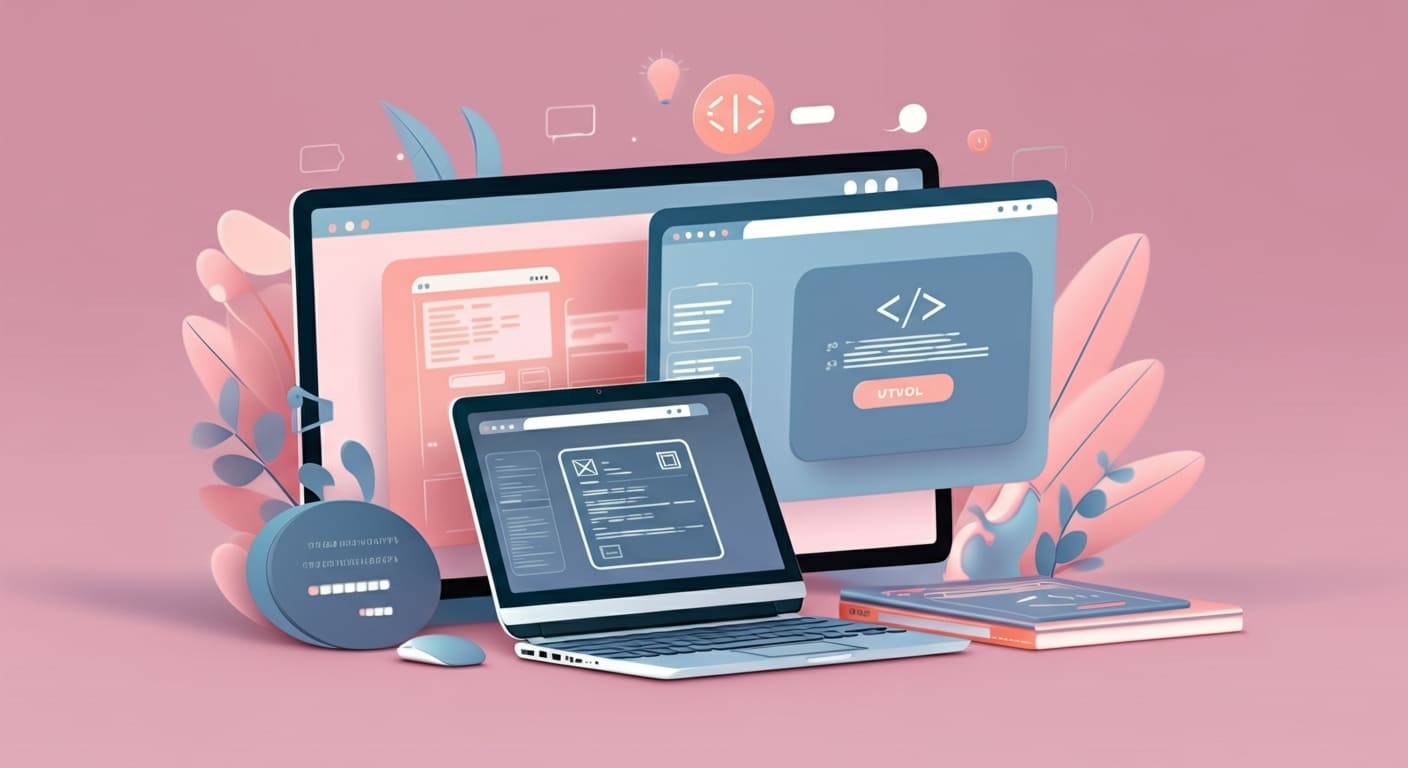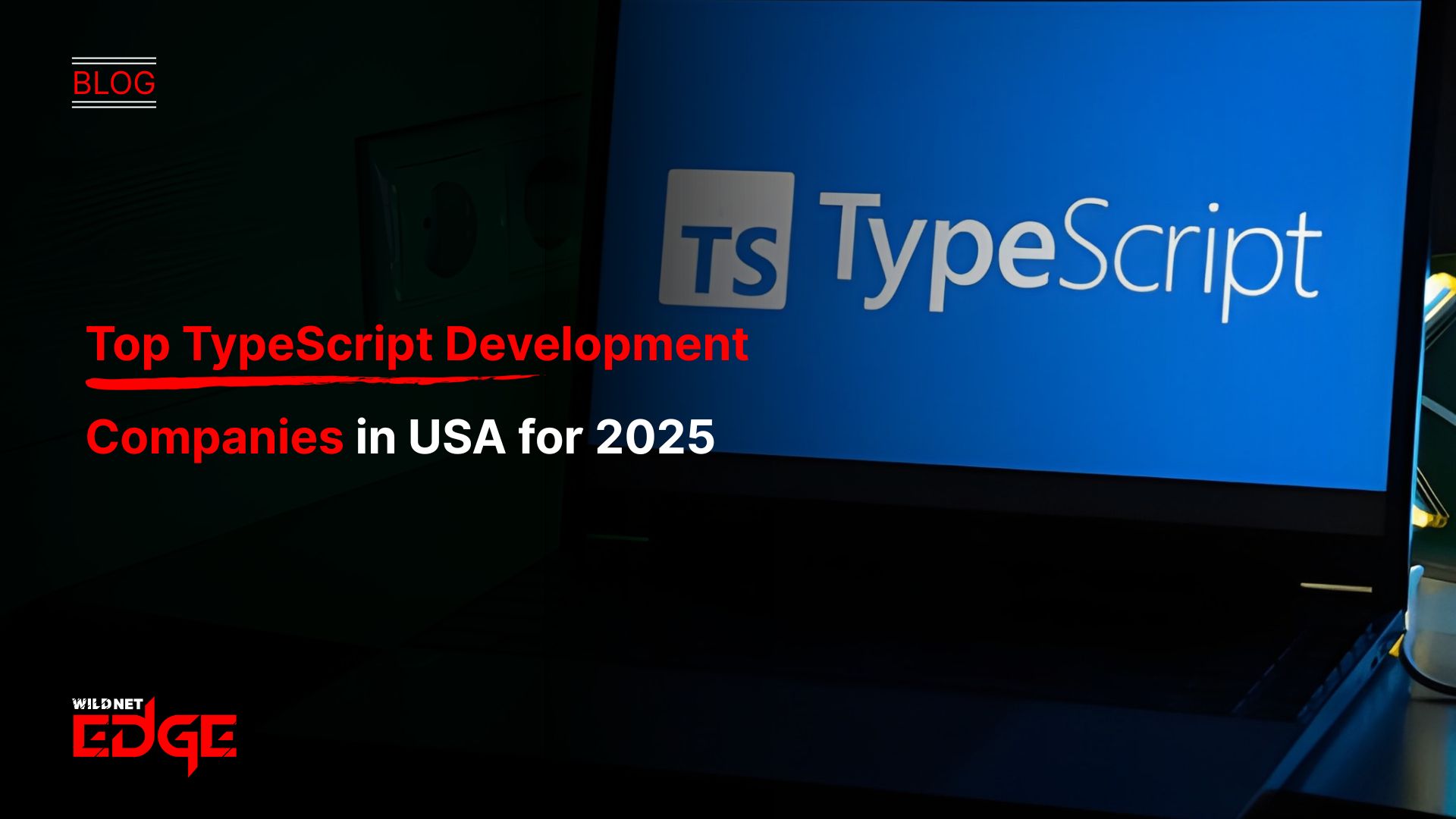Struggling with one-size-fits-all eLearning that just doesn’t stick? What if your LMS could think for itself and tailor every lesson to every learner’s unique needs? That’s where AI LMSs come in—transforming bland online courses into dynamic, personalized journeys. Today, I’ll show you how AI LMS technology, with features like adaptive learning and smart assessments, is dramatically improving learning outcomes. Ready to make your training smarter and more effective? Let’s dive in.
Understanding Adaptive Learning in AI LMS
At the core of AI-powered learning platforms lies adaptive learning, a revolutionary approach where the system adjusts educational content in real time based on a learner’s interactions. Unlike static courses that assume every learner moves at the same pace, adaptive learning personalizes the journey, responding fluidly to each individual’s strengths, weaknesses, and learning preferences.
How Adaptive Learning Tailors Content Dynamically
AI LMS platforms continuously analyze data points such as quiz scores, time spent on lessons, question responses, and even engagement patterns like click behavior or video interactions. Using sophisticated algorithms and machine learning models, the system maps these insights to adjust content difficulty, recommend supplementary materials, or skip redundant topics.
For example, if a learner struggles with a specific concept, the AI LMS might introduce micro-lessons, interactive simulations, or varied formats like videos or infographics to reinforce understanding. Conversely, learners who grasp topics quickly can be accelerated through to advanced modules, preventing boredom and maximizing motivation.
Benefits for Learners: Increased Engagement, Retention, and Faster Skill Acquisition
Adaptive learning unlocks several key benefits for learners:
- Higher engagement through relevant, timely content prevents dropout and fatigue. Learners encounter challenges suited to their current skill level rather than irrelevant material.
- Improved knowledge retention because adaptive systems use spaced repetition and timely reinforcement precisely where it’s needed.
- Accelerated skill acquisition as the AI LMS identifies and fills knowledge gaps rapidly, allowing learners to progress confidently at their own pace.
A 2025 study by EduTech Insights found that organizations employing adaptive learning saw a 35% increase in course completion rates and a 40% improvement in skill mastery within six months compared to traditional LMS models.
Examples of Adaptive Learning Technologies in Popular AI LMS Platforms
Leading AI LMS platforms today incorporate adaptive learning in various innovative ways:
- Docebo uses AI-powered content recommendations to personalize user dashboards, showing learners the most relevant courses based on their profile and skills.
- Cornerstone OnDemand integrates adaptive learning paths that adjust in real time to learner feedback, creating a truly dynamic experience.
- WildnetEdge leverages natural language processing (NLP) to adapt content delivery styles, tailoring lessons to individual preferences for reading versus video materials.
By utilizing adaptive learning engines, these platforms deliver unparalleled personalization that goes beyond static curricula, driving motivation and measurable outcomes.
The Role of Smart Assessments in AI-Powered LMS
Adaptive learning shapes what learners see, but smart assessments transform how their knowledge is evaluated. Gone are the days when assessments were merely final exams or basic quizzes. With AI-enhanced LMSs, smart assessments continuously evaluate learner progress with unparalleled precision and provide instantaneous, actionable feedback.
Features of Smart Assessments: Automated Grading, Adaptive Questioning, Instant Analytics
Smart assessments are defined by several game-changing features:
- Automated grading systems speed up evaluation, allowing learners to receive immediate results and freeing instructors from manual marking.
- Adaptive questioning adjusts question difficulty in real-time based on learner responses, providing fair yet challenging evaluations tailored to each individual.
- Instant analytics dashboards analyze performance on granular levels—identifying specific knowledge gaps, common misconceptions, and skill trends across learner groups.
For instance, an AI LMS might start with general knowledge questions, then based on correct answers, escalate to more complex problems. If a learner struggles, the system shifts to remedial questions, ensuring mastery before moving on.
Impact on Learner Motivation and Instructional Adjustments
Immediate, personalized feedback from smart assessments boosts learner confidence and motivation. Learners no longer wait days or weeks to understand errors; instead, they receive instant insights that guide them toward improvement.
From an instructor or administrator perspective, smart assessment data enables real-time adjustment of instructional strategies. Educators can identify which topics cause widespread difficulty and tailor lesson plans accordingly. This iterative feedback loop ensures continuous course improvement and better alignment with learner needs.
Case Studies Demonstrating Improved Outcomes Through Smart Assessments
- A global financial services firm that implemented AI LMS smart assessments reported a 50% reduction in certification times among employees, thanks to quick feedback and adaptive challenge levels.
- Universities using WildnetEdge’s AI LMS saw a 30% increase in pass rates for STEM courses, attributed largely to the system’s adaptive questioning and detailed learner analytics.
- A healthcare training provider utilized smart assessments to create personalized remediation plans, lowering error rates in clinical simulations by 25% within six months.
These examples highlight how embedding AI-powered smart assessments creates richer understanding, reduces dropout, and improves performance metrics across industries.
Integrating Adaptive Learning and Smart Assessments for Maximum Impact
While both adaptive learning and smart assessments are powerful individually, their true potential is unlocked when integrated seamlessly within an AI LMS. This synergy crafts a full-circle, personalized learning ecosystem where content and evaluation continuously inform and improve one another.
How These Technologies Interact to Personalize Both Content Delivery and Evaluation
As learners engage with adaptive content, smart assessments concurrently gauge mastery in real time. The AI LMS then uses assessment outcomes to tweak upcoming lessons, making content more accessible or challenging as appropriate. This closed-loop system:
- Prevents learners from advancing without foundational knowledge
- Reinforces weak areas with targeted resources
- Confirms mastery before moving to complex topics
For example, a learner demonstrates difficulty in a smart assessment question on data analysis. The AI LMS, recognizing this, surfaces additional tutorials or exercises specifically focused on that skill area before advancing to related modules.
Real-World Applications in Corporate Training and Higher Education
This integrated approach delivers measurable benefits in diverse settings:
- Corporate Training: Companies use AI LMSs that combine adaptive learning and smart assessments to personalize compliance training, leadership development, and technical skills onboarding. This reduces time-to-competency and supports ongoing employee growth.
- Higher Education: Universities deploy these systems to support diverse learner populations, from freshmen to graduate students. Personalized pathways accommodate varied academic backgrounds while ensuring preparedness for progressive coursework.
Such environments foster a more engaged, confident learner who can track progress clearly, ultimately boosting organizational learning effectiveness.
Benefits Over Traditional LMS Setups
Traditional LMS platforms often treat content delivery and assessments as separate modules—static courses coupled with uniform tests. This approach lacks responsiveness to individual learner needs, causing disengagement and inefficient learning paths.
AI LMSs with integrated adaptive learning and smart assessments offer advantages like:
- Personalized pacing and challenges that suit each learner’s capability
- Reduced cognitive overload by focusing only on needed content and questions
- Enhanced motivation through relevant feedback and transparency in progress
- Data-driven insights enabling precise course correction and optimization
Collectively, these improvements translate into higher retention rates, faster upskilling, and better ROI for training programs.
Future Trends and Advanced Tactics in AI LMS
As AI technologies evolve, cutting-edge developments continue pushing AI LMS platforms to new heights in personalization, interactivity, and predictive capability.
Emerging AI Features Enhancing Personalization
In 2025, next-gen AI LMS platforms incorporate innovations such as:
- Predictive analytics to forecast learner success and risks, allowing preemptive interventions.
- Natural language processing (NLP) enabling conversational AI tutors and chatbots to offer instant assistance, clarifications, and coaching.
- Emotion AI analyzing facial expressions or voice tone during learning sessions, to adapt content for emotional engagement.
By harnessing these sophisticated tools, AI LMSs can provide human-like responsiveness in digital education environments.
Leveraging Big Data to Refine Adaptive Learning Algorithms
AI LMS providers increasingly utilize massive datasets from global learner populations to refine algorithms continuously. This big data approach enhances adaptive learning models by:
- Identifying patterns across industries and demographics
- Informing culturally relevant learning paths
- Improving accuracy in predicting learner outcomes
WildnetEdge, for example, integrates this data-driven refinement process to maintain cutting-edge adaptive learning capabilities for its clients.
Tips for Selecting an AI LMS That Stays Future-Ready
Organizations looking to invest in AI LMS technology should:
- Choose platforms with modular, scalable AI components that evolve with new research.
- Prioritize LMSs with open APIs for easy integration with existing tools and data systems.
- Evaluate vendor commitment to ongoing innovation, including updates in AI ethics and data privacy standards.
- Seek solutions offering comprehensive analytics and user-friendly dashboards.
Future-ready AI LMS platforms ensure long-term value and adaptability in rapidly changing learning ecosystems.
Conclusion
AI LMS platforms equipped with adaptive learning and smart assessments are no longer just trends—they’re essentials for anyone serious about improving learning outcomes. As education and training continue evolving in 2025 and beyond, organizations need solutions that personalize every learner’s journey and provide timely, actionable feedback.
WildnetEdge stands out as a trusted authority delivering cutting-edge AI LMS solutions tailored to unique learning goals. Their expertise in seamlessly integrating adaptive learning and smart assessment technologies helps institutions and businesses transform how knowledge is delivered, absorbed, and applied.
Ready to elevate your learning experience? Connect with WildnetEdge and transform how your learners thrive today.
FAQs
Q1: What is an AI LMS and how does it improve learning outcomes?
An AI LMS uses artificial intelligence to personalize learning experiences through adaptive learning and smart assessments. This results in more effective, engaging education tailored to each learner’s needs.
Q2: How does adaptive learning work within an AI LMS?
Adaptive learning dynamically adjusts course content and difficulty based on learner performance, engagement, and preferences, ensuring individualized learning paths that improve skill mastery.
Q3: What are smart assessments in an AI LMS?
Smart assessments are AI-powered tools that provide real-time feedback, adaptive questioning, and automated grading to better measure learner progress and support continuous improvement.
Q4: Can AI LMS platforms integrate both adaptive learning and smart assessments?
Yes, combining both creates a holistic learning environment where content delivery and evaluation continuously inform each other, enhancing engagement and knowledge retention.
Q5: Why choose WildnetEdge for AI-powered LMS solutions?
WildnetEdge offers advanced AI LMS platforms leveraging the latest adaptive learning and smart assessment technologies, backed by big data and predictive analytics to deliver superior learning outcomes customized for your needs.

Managing Director (MD) Nitin Agarwal is a veteran in custom software development. He is fascinated by how software can turn ideas into real-world solutions. With extensive experience designing scalable and efficient systems, he focuses on creating software that delivers tangible results. Nitin enjoys exploring emerging technologies, taking on challenging projects, and mentoring teams to bring ideas to life. He believes that good software is not just about code; it’s about understanding problems and creating value for users. For him, great software combines thoughtful design, clever engineering, and a clear understanding of the problems it’s meant to solve.
 sales@wildnetedge.com
sales@wildnetedge.com +1 (212) 901 8616
+1 (212) 901 8616 +1 (437) 225-7733
+1 (437) 225-7733















 ChatGPT Development & Enablement
ChatGPT Development & Enablement Hire AI & ChatGPT Experts
Hire AI & ChatGPT Experts ChatGPT Apps by Industry
ChatGPT Apps by Industry ChatGPT Blog
ChatGPT Blog ChatGPT Case study
ChatGPT Case study AI Development Services
AI Development Services Industry AI Solutions
Industry AI Solutions AI Consulting & Research
AI Consulting & Research Automation & Intelligence
Automation & Intelligence












